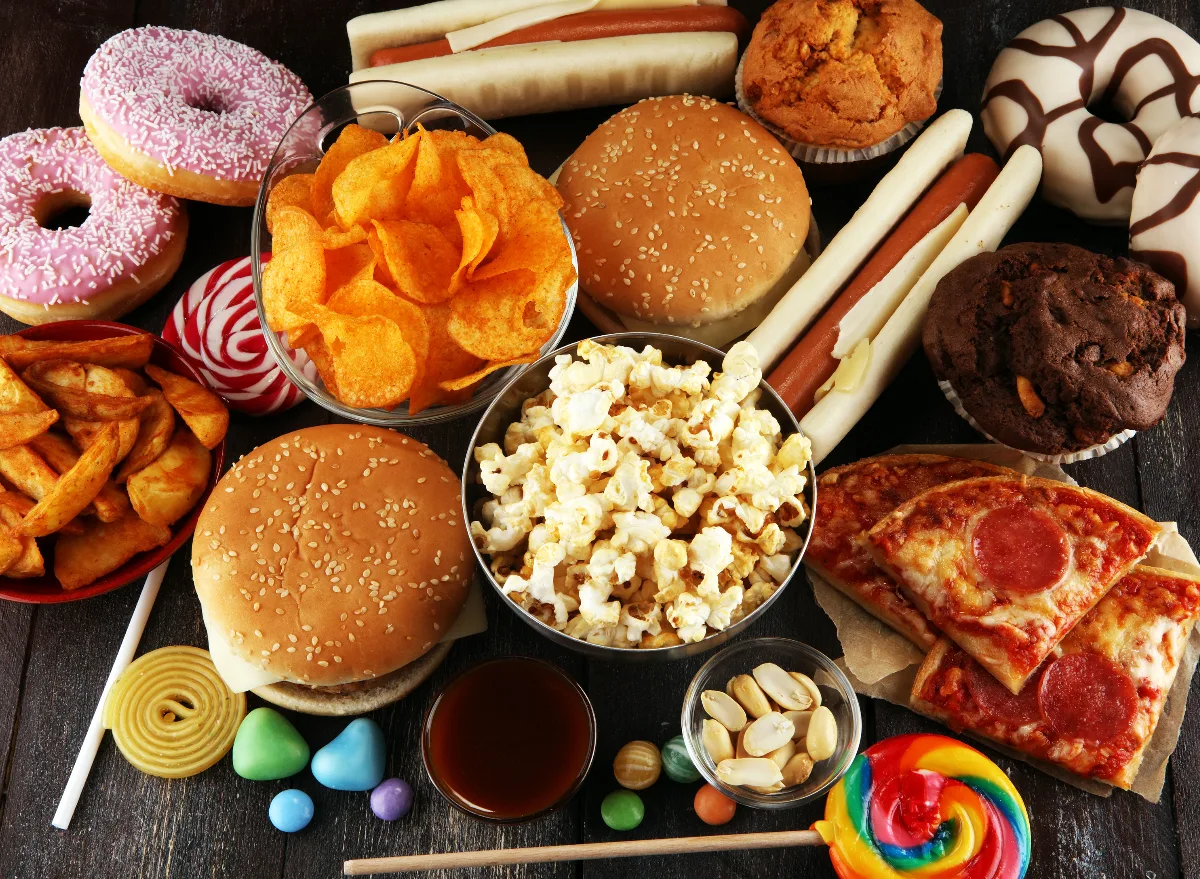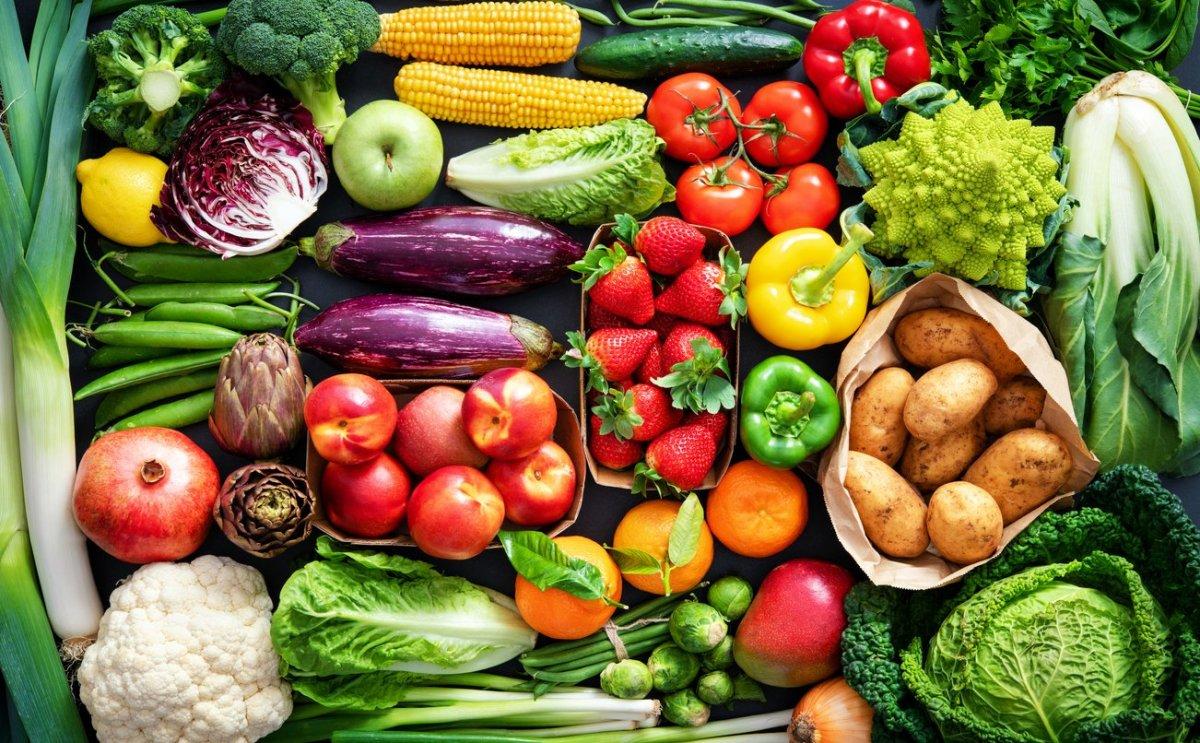The Essentials of a Healthy Indian Diet
India is a country rich in diverse cultures and cuisines. The Indian diet is known for its flavorsome dishes and unique spices. However, with the prevalence of fast food and western diets, many Indians have shifted away from traditional food habits, leading to a rise in chronic diseases. A healthy Indian diet can help prevent and manage these conditions. Whatsapp

A healthy Indian diet includes a balance of carbohydrates, proteins, fats, fiber, vitamins, and minerals. Carbohydrates are the primary source of energy and should make up about 50-60% of the total calorie intake. Whole grains such as wheat, rice, and millet are excellent sources of carbohydrates and fiber. Avoid refined grains such as white bread, pasta, and sugary drinks as they lack nutrients and lead to weight gain.
Protein is essential for the growth and repair of tissues in the body. The Indian diet includes a variety of vegetarian and non-vegetarian protein sources. Lentils, chickpeas, kidney beans, tofu, and paneer are excellent vegetarian protein sources. Fish, chicken, and eggs are good non-vegetarian protein sources. It is essential to balance protein intake with other nutrients and avoid high-fat animal products.

Fats are crucial for the absorption of vitamins and minerals and provide insulation and protection to the body. However, too much fat can lead to weight gain and heart disease. Use healthy fats such as olive oil, canola oil, nuts, and seeds in moderation. Avoid trans fats and saturated fats found in fried foods, bakery products, and processed foods.
Fiber is essential for maintaining digestive health and reducing the risk of heart disease and diabetes. Fruits, vegetables, whole grains, nuts, and seeds are excellent sources of fiber. The Indian diet includes a variety of fruits and vegetables such as mangoes, bananas, tomatoes, onions, spinach, and okra, which are rich in fiber and other nutrients.
Vitamins and minerals are essential for various bodily functions, including bone health, immune function, and energy metabolism. The Indian diet includes a variety of vegetables, fruits, and spices that provide a range of vitamins and minerals. Incorporate leafy greens, citrus fruits, and nuts in your diet to meet your daily nutrient requirements.

In conclusion, a healthy Indian diet includes a variety of foods that provide all the essential nutrients required for optimal health. It is essential to balance the intake of carbohydrates, proteins, fats, fiber, vitamins, and minerals and avoid processed and high-fat foods. Incorporating traditional Indian foods such as dal, sabzi, and roti, along with fruits, vegetables, and healthy fats, can help prevent chronic diseases and promote overall health and well-being. Whatsapp



